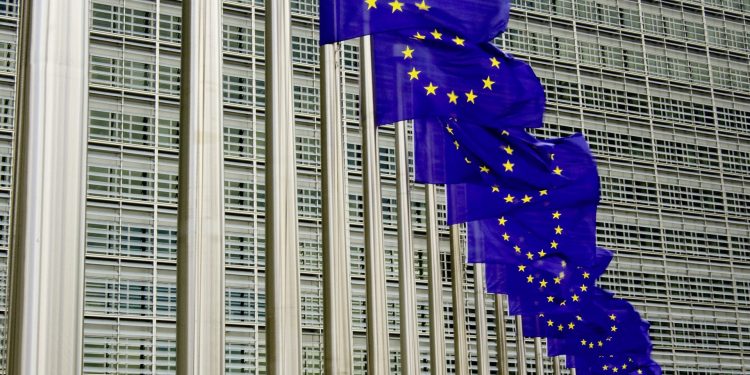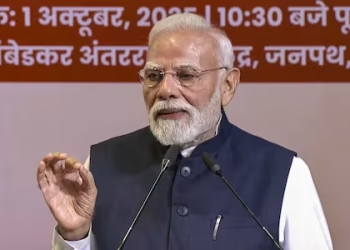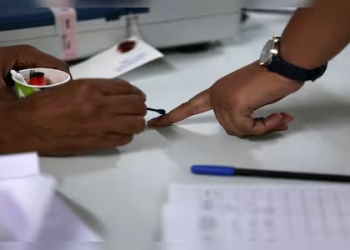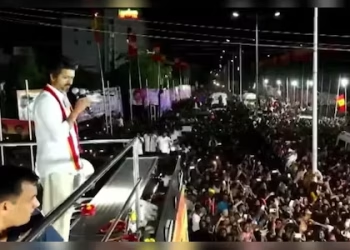LONDON — EU heads of state will call for faster action on the use of stranded Russian assets at a meeting next week, under growing pressure from U.S. President Donald Trump, according to a document seen by CNBC.
The European Commission, the EU’s executive body, has been studying how to use about 175 billion euros ($204 billion) in expired cash from frozen Russian assets held in Europe to further prop up Ukraine’s coffers. The Trump administration has pushed its G7 counterparts, including Italy, France and Germany, to seize billions in frozen Russian assets, according to the Financial Times.
So far, European countries have used the profits generated by these assets to help kyiv financially, but some countries are concerned about further measures due to potential financial and legal problems.
“The European Council is committed to finding ways to help meet Ukraine’s urgent needs for 2026-2027, including with regard to its military and defense efforts. It therefore calls on the committee to present concrete proposals as soon as possible involving the possible use of cash balances associated with immobilized Russian assets,” says a draft document seen by CNBC.
The document forms the basis of conversations between the 27 EU heads of state who are due to meet in Brussels on Thursday.
Belgium has been particularly tough on the issue, given that it hosts Euroclear, the financial institution that holds most of the Russian state assets frozen in Europe since Moscow’s full-scale invasion of Ukraine in 2022. Belgian leaders worry about the legal implications once the war ends and want EU countries to commit to sharing responsibility.
“In this context, the European Council underlines the importance of ensuring equitable burden sharing and coordination of efforts with G7 partners,” indicates the document consulted by CNBC and which will serve as the basis for an agreement next week.
Valérie Urbain, CEO of Euroclear, told CNBC earlier this month that her job was also to draw executives’ attention to the implications of their decisions.
“We have been extremely vocal in ensuring that we respect the rule of law,” Urbain said, adding that this was to ensure that investors do not lose confidence in their investments in Europe.
“One extremely important thing is that we continue to be attractive to international investors, and especially when we see Europe’s gigantic financing needs to support European sovereignty, to support the transition to a greener economy, digital innovation, we really need to remain very attractive to external investors,” she said.
Next week’s meeting comes at a time of increased pressure on European governments to support Ukraine after Trump cut U.S. financial and military support for kyiv. Data from the Kiel Institute shows that between July and August, Ukraine received around 7.5 billion euros in financial and humanitarian aid. Of the newly allocated funds, 86% came from European institutions.
The UK, France and Germany came together last week to call for more action to support Ukraine. “We are ready to move towards using, in a coordinated manner, the value of tied up Russian sovereign assets to support the Ukrainian armed forces and thereby bring Russia to the negotiating table,” they said in a statement.









